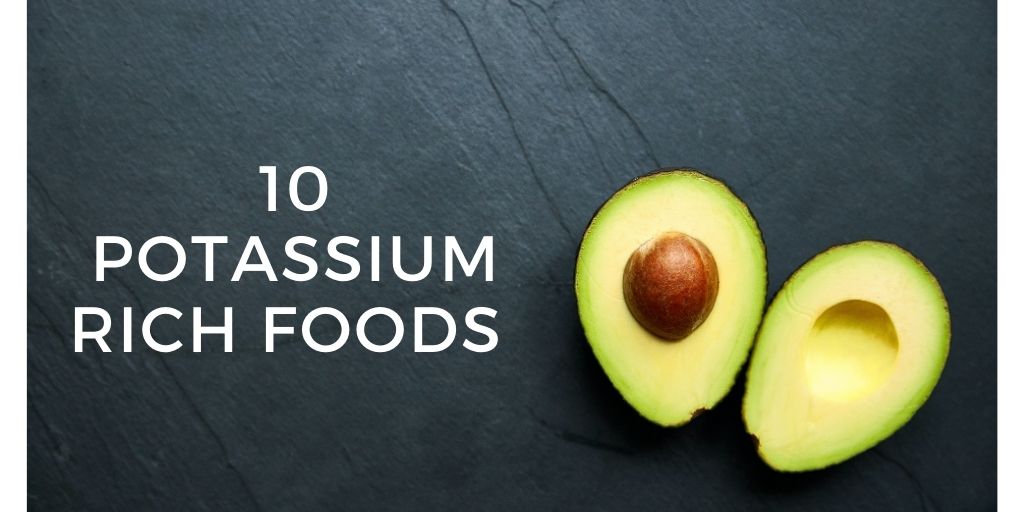
Potassium in Chicken to Boost Energy And Balance Your Electrolytes
Ultimate Guide to Potassium in Food
You might die without it. Why?
Potassium is a crucial electrolyte to your well-being and longevity. There are countless delicious sources with way more than a banana.
This article will list foods that are high in this important electrolyte. Simple as that.
Let me tell you why it is so important. It is the third most common mineral in your body. Fun fact right?
It helps to regulate fluid balance, nerves signals and contractions. It does this by interacting with salt -- the two work together to keep your minerals in homeostasis.
Before we get started, I want to mention that Chicken Bone Broth is among the highest potassium sources on the planet. Shocker right? It is the easiest and most delicious way to get more into your diet.
Bluebird Provisions makes a convenient powder version with a delicious flavor you can try today. Let me know what you think.
What are the health benefits of consuming foods high in potassium?
There are many powerful health benefits of high-potassium diets. For example, it can lower blood pressure and fluid retention, protect against stroke and prevent osteoporosis and kidney stones (1).
The big issue is that most adults in Canada and the USA get half of the recommended daily intake.
Most experts recommend targets of 3500-4700 mg per day. What’s interesting is that there are no additional pros to getting more, except under extreme conditions.
Athletes or those who perform long, strenuous exercise will lose more fluids from sweat and may need some more.
High risk groups like those at risk for osteoporosis, complications with kidney function, stroke or issues with blood vessels may benefit from more than the recommended guidelines.
What are the signs and symptoms of potassium deficiency?
The symptoms of potassium deficiency are similar to those of sodium or salt deficiency, including fatigue, numbness and weakness.
The recommended daily intake is 4,700 milligrams a day, but the average American consumes only 2,600 milligrams a day.
It's a mineral that helps to regulate the amount of fluid and moves nutrients into cells, so a deficiency can lead to weakness and heart problems. Treatments include IV fluids from the hospital.
How does potassium help balance electrolytes in the body?
Your electrolyte balance is directly related to your potassium intake. The amount of fluid in your body is regulated by the concentration of electrolytes.
It regulates fluid inside your cells, while sodium / (table) salt intake is in charge of the fluid outside of your cells.
There should be an equal balance both inside and outside the cells within your body. Things like diuretics mess this up.
When they are unbalanced, fluid will move from one area to another to try to try to make up for the difference Your cells will either swell up or shrink, leading to dehydration which can affect your heart and kidneys.

Key takeaway:
Eating things that contain potassium is important to keep you hydrated and regulate fluid balance.
Dietary Potassium Regulates Your Nervous System
Eating enough dietary potassium also helps you maintain healthy nervous system function. How?
It is needed to generate nerve impulses inside your body. They basically do everything: from regulating your pulse to reflexes and contractions.
Potassium Intake's Important Role in Heart Contractions and Muscle
Low potassium directly affects your muscles' ability to work properly, making them weak and useless.
It's also crucial to heart function. Overdo it or too little will cause an irregular beat.
If it doesn't work properly then poor health outcomes happen. Eventually your arteries won’t be able to effectively pump blood to your brain and organs (2).
How can I know if I'm getting enough potassium in my diet?
You know if you're getting enough potassium if your urine is clear or pale yellow. If it's dark, you're not getting enough and your body needs more. In this case, eat more natural sources like fruit and vegetables to hit your targets and get your urine clear.
Potassium Health Benefits
Potassium has many health benefits that protect you from stroke, osteoporosis, blood pressure, kidney stones and bloating from water retention. Heres more information on each of these in detail.
Stroke
Research institutions show that a diet full of potassium reduces the likelihood of stroke and heart disease (3).
Osteoporosis
Adequate targets in your diet helps your bones stay strong by reducing the calcium your body loses in urine (4).
Blood Pressure
A potassium-rich diet might lower blood pressure by assisting in the removal of excess sodium in your body (5).

Kidney Stones / Disease
Kidney stones are clumps of material, mainly calcium, that are concentrated in urine. Data show that it lowers calcium in your urine to help fight kidney disease or stones (6).
Water Retention
You can decrease your water retention by consuming large amounts of it. This will make you pee which reduces your sodium concentrations according to studies (7).
Top 10 Foods High in Potassium
10 foods high in potassium are:
- Beet greens
- Avocado
- Chicken bone broth
- Acorn squash
- Salmon
- Potatoes
- Coconut water
- Mushrooms
- White beans
- Vegetable stock / juices
Check the infographic below and see a more detailed description below it.

Good Food Sources of Potassium
1. Beet Greens or Chard
1 cup, cooked: 1309 mg - 28% DV
The green leaves of the beetroot plant are edible and have more potent nutrients than the actual beet.
Greens are full of vitamins like Vitamin C to keep your immune system healthy and strong. The naturally occurring Vitamin C also assists in constipation, skin, bone, hair and teeth.
Greens also help with eye and vision because of the high amounts of Vitamin A. Lastly, they are full of fibre, Vitamin K2, iron, copper and manganese.
I roast them in the oven for 5-10 minutes with some oil and salt, then add to whatever I am cooking. They are delicious!
You’ll find similar amounts in vegetables like swiss chard.
Are you dealing with bloating? Read my Guide to Instant Bloating Relief
2. Avocado
1 whole portion: 975mg - 21% DV
Certainly having a moment, and for good reason. Avocados are nutrient dense, delicious and full of vitamins, fibre and monounsaturated fats (the ‘good’ kind).
Research shows that those who eat avocados (toast anyone?) tend to have better diets with higher nutrient intake (thanks, captain obvious) but they’re also at a lower risk for metabolic syndrome. They are the most potassium rich fruits you'll find. Yes it's a fruit.
3. Acorn Squash
1 cup, cooked: 896mg - 19% DV
This is a cool looking vegetable with naturally occurring antioxidants, vitamins and minerals. As a result of carotenoid antioxidants, it promotes overall wellness and may protect against heart disease, cancer and type 2 diabetes (8).
4. Wild-Caught Salmon
4 oz portion: 712mg - 16% DV
Who would have thought a fish dinner could hydrate you? Salmon is also full of omega 3 fatty acids like EPA and DHA, which are important for just about everything from inflammation to brain development.
It's also has high quality protein, Vitamin D, selenium and other fats that are beneficial for skin health too.
The great thing is that you get large amounts of it in small fish portions / serving sizes that you don't need to eat huge servings to get the nutrition. Tuna, mackerel halibut, snapper filets or clams have some but not nearly as the amount of salmon.
5. White Potatoes (With Skin)
1 medium: 620mg - 14% DV
Spuds get a bad rep due to the hype around sweet potatoes and yams. However, good ol’ fashioned white potatoes with skins on give you a good dose of magnesium, B6, fibre and antioxidants. They are easily the best value too.
They are cost effective and easy to cook and eat. Homemade french fries are great source of carbohydrates to fuel your needs.
6. Chicken Bone broth
1 mug (375ml): 600mg - 13% DV
Chicken bone broth is among the best potassium sources, but it also contains hydration from phosphorus, chloride and sodium.
The slow simmer process and types of bones used is key to extracting the minerals into the broth. Bluebird Provisions makes the one with the highest at 400 mg per serving you'll find. Browse their website for more info.
Bone broth has 26 times more potassium than collagen powder and 1.5 times that of a banana.
7. Coconut Water
1 cup: 600mg - 13% DV
Another liquid with lots of it is coconut water. Be careful with drinking it as most of the over the counter versions are full of sugar and excess calories.
Check the nutrition facts label to ensure there are limited added ingredients. That being said, it is a great solution if you are dehydrated.
8. Mushrooms (White or Portobello)
1 cup, cooked: 555mg - 12% DV
More powerful potassium vegetables! White mushrooms have a variety of vitamins and minerals offering many health benefits.
These include cholesterol-controlling effects, cancer-fighting properties and gut health (9). Mushrooms are also high in B vitamins, low in calories and relatively high in protein.
9. Large White Beans or Lima Beans
½ cup, cooked: 502mg - 10% DV
White beans are one of the best foods for potassium. Legumes in general are also full of fiber, protein and vitamin B6.
Kidney / navy / adzuki beans or lentils have some as well, but they are not has high as lima. Fiber is important to your overall health and wellness as it helps you control blood sugar and protects you from chronic diseases.
10. Vegetable Stock / Juices
1 mug (350ml): 450mg - 9% DV
Properly made stock from potassium rich vegetables is the perfect complement to your cooking. It also has all your hydration minerals in perfect balance including: phosphorus, magnesium, chloride, calcium and sodium.
Vegetable juice like carrot, tomato (juice or paste) or stock with mushrooms and seaweed give you more benefits.
The Best Fruits High in Potassium
Fruits high in potassium include bananas, plantains, Mandarin oranges, peaches, cantaloupe, honeydew, apricots, tomatoes and grapefruit. Make yourself a fruit salad!
I left most of these off of the list above because they have less mg per serving. But these fruits are great for maintaining hydration as well. Opt for different colors and varieties to cover your nutrient bases too.
Many people ask about orange or pomegranate juice: these has it but are usually full of sugar content, so I do not recommend them... much to the chagrin of juice companies.
Want more? See our list of 10 Foods to Boost Magnesium Levels.
How can I add more potassium-rich foods into my diet?
You can add more potassium-rich foods (vegetables) to your diet by drinking chicken bone broth, eating tomatoes in salad, fish, russet potatoes and drinking coconut beverages.
Bone broth is the number one convenient source of potassium with up to 400mg per serving if you use the one from Bluebird Provisions.
Do I Need To Take Potassium Supplements?
You do not need to take a potassium supplement in most cases. Why? Most countries health organizations limit the dosage to 100mg per serving or 2% of your daily intake.
This is because they are dangerous in high amounts to our gut and heart health (10). You are better off hitting your nutrient targets from whole sources. Even dairy products like yogurt / probiotics have more than the pills do.
The Bottom Line
Potassium is incredibly important to maintaining your fluid balance and nerve health within your body. From a practical standpoint, they give you energy.
Chicken Bone Broth is the absolute best natural source. You can get some delivered to your home from Bluebird Provisions. You can make delicious veggie filled soups and stews with it.
If you want to perform better and live a long and healthy life, you should get it from real sources. Don't forget that there are many delicious sources (not just bananas and avocadoes) that are naturally high in it.
FAQ Section
What are some creative ways to cook with potassium-rich foods?
Some creative ways to cook with potassium-rich foods are to cook all of your rice or grains using chicken bone broth instead of water.
Some simple instructions are to trim up greens and carrots and put them into a salad or simply saute them in a pan with olive oil.
For potatoes, the opportunities are endless, simply boil or bake them and have them on hand to eat with your meals. Tomatoes can be eaten with any meal. Spread them on toast for a delicious breakfast. Dip everything in a bowl of guacamole.
How can I raise my potassium levels quickly?
Good news! You can raise your potassium levels quickly by eating potassium rich veggies listed in this article. These include leafy greens, spinach, potato, raisins, prunes, squash, salmon, bone broth and vegetable stock. Read above for tips on preparing and cooking them.
What food has more potassium than bananas?
There are countless foods with way more potassium than bananas. White beans, potatoes, avocados are common items with double. Read your labels for other sources.
Can drinking too much water lower potassium levels?
Drinking too much water without necessary vitamins in balance can lower your potassium levels. It is best to drink to thirst unless you are exercising to keep your fluid balance in check and hit your daily targets.
What are some potential risks associated with consuming too much potassium?
The risks of having too much potassium are rare, but it can happen. According to the National Institutes of Health, if you take in copious amounts through diet or drugs, your blood pressure could become dangerously low and cause dizziness, body failure, or abnormal heartbeats.
If you are concerned about any of these symptoms then get yourself to a medicine facility or seek the services of a doctor asap.
What other nutrients do potassium-rich foods offer?
Potassium foods tend to offer hydration from other minerals including magnesium and phosphorous. They also contain fibre and vitamin C and E to ensure your system functions properly. Check your labels for details.
How much potassium is in a banana?
A medium sized banana has around 400 mg of potassium content (7" or 110 grams). A small banana has 350 mg and a large banana has 490 mg. This is more than most supplements. You can eat conventional or organic bananas because the peel protects it from all the pests.
Photo by Pexels, Unsplash websites. References are available and linked in the article.
Disclaimer: This site information is for educational purposes only and has not been evaluated by the CFIA or FDA. It is not intended to diagnose, treat, cure, or prevent any disease.

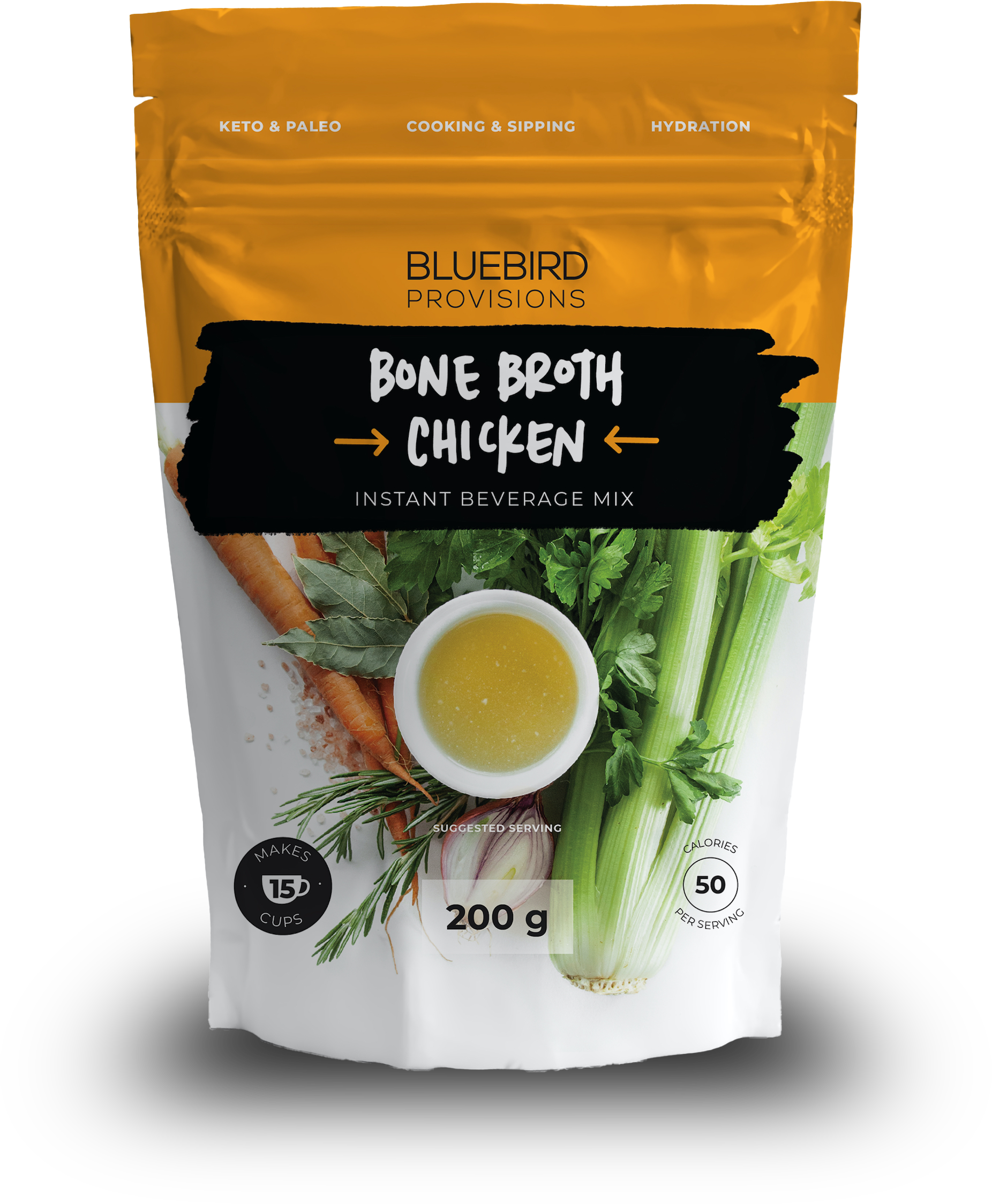
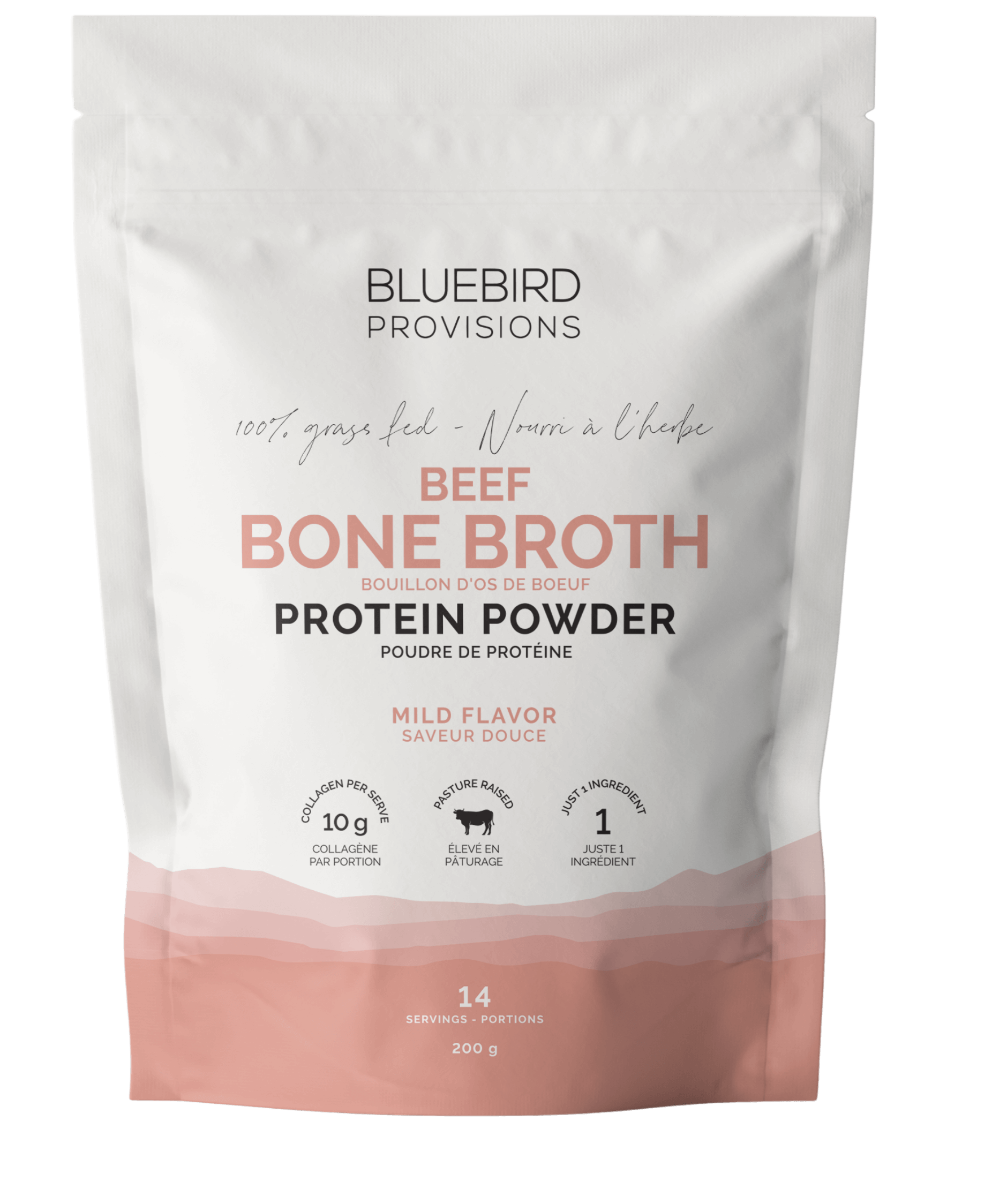
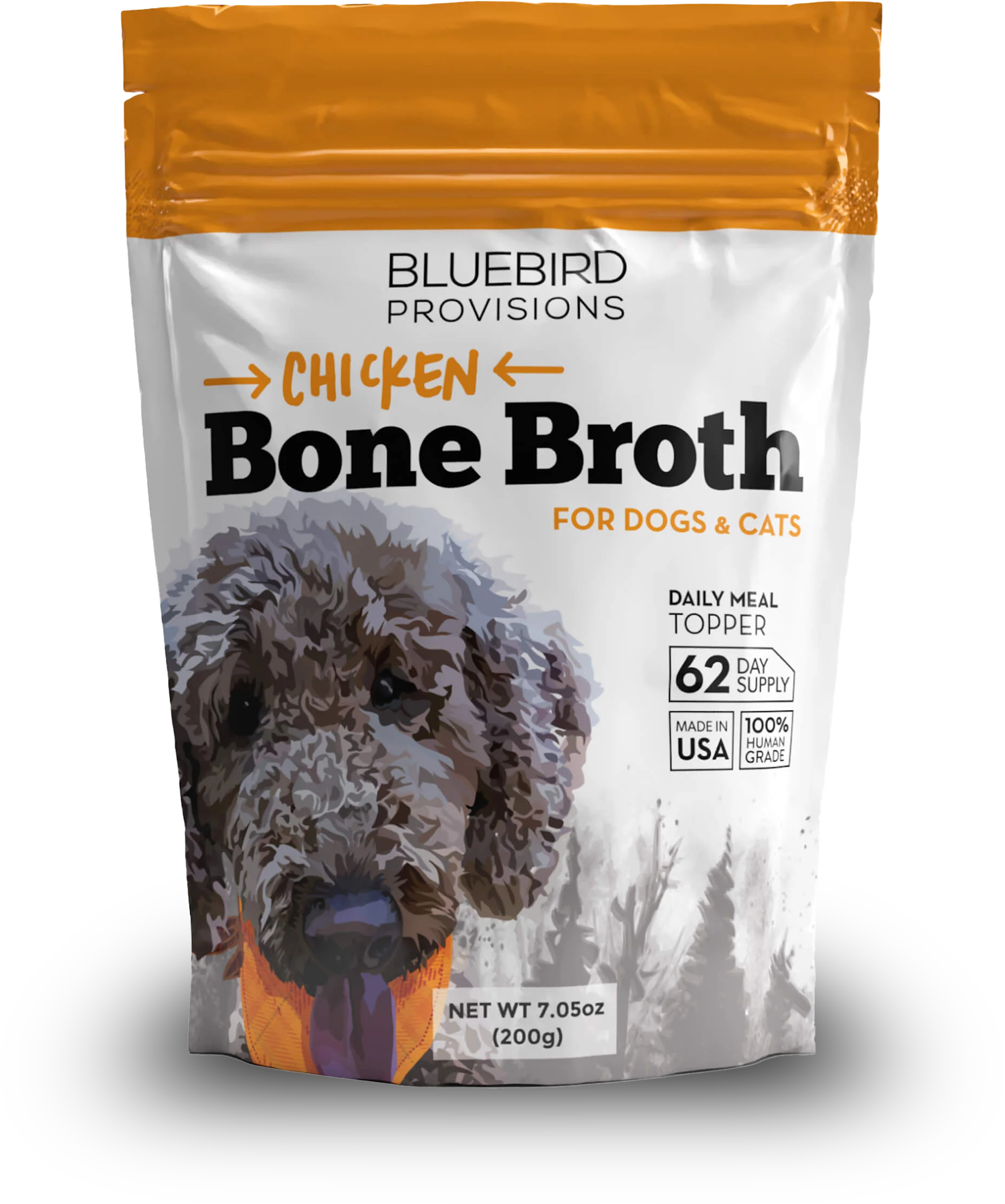
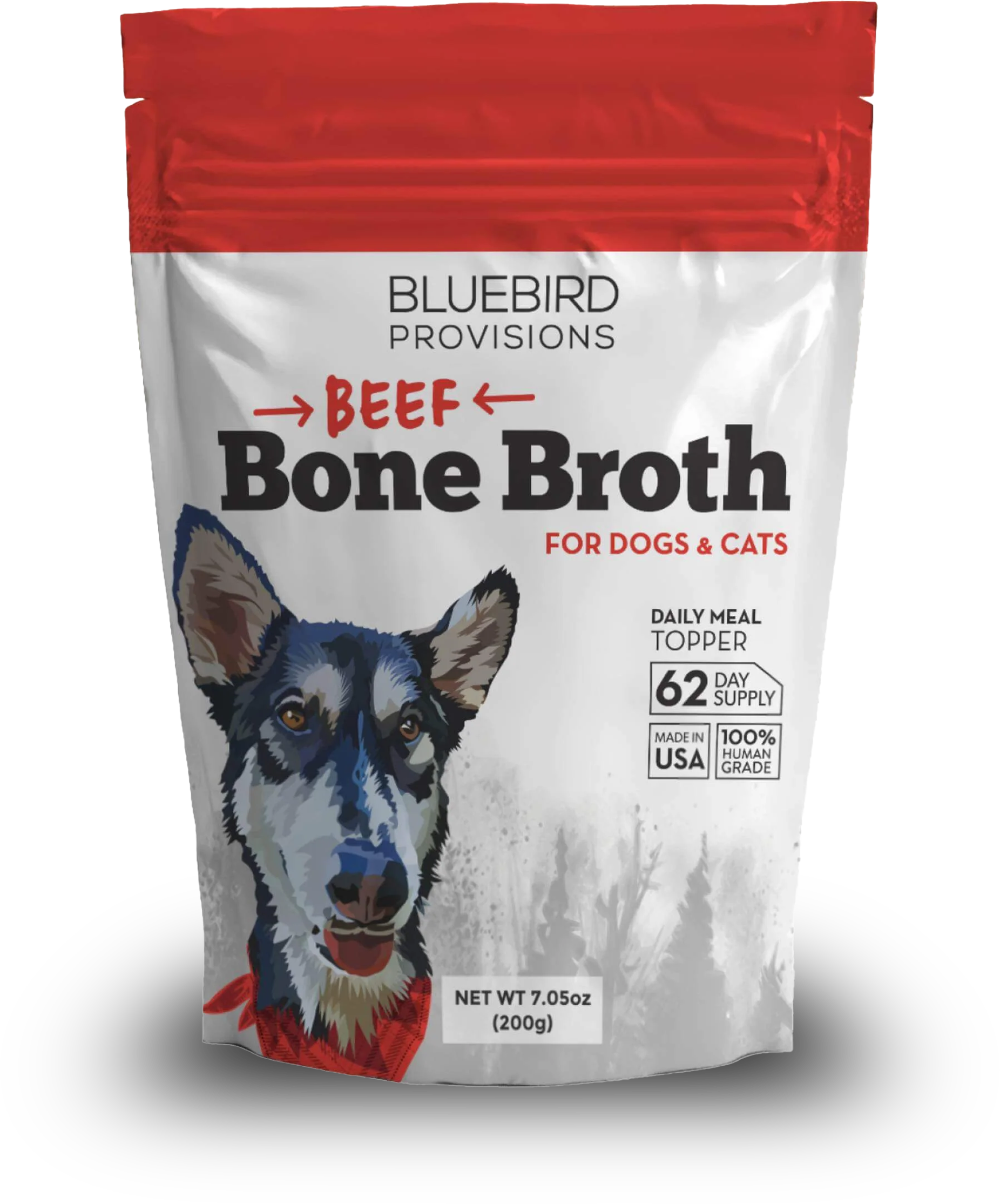
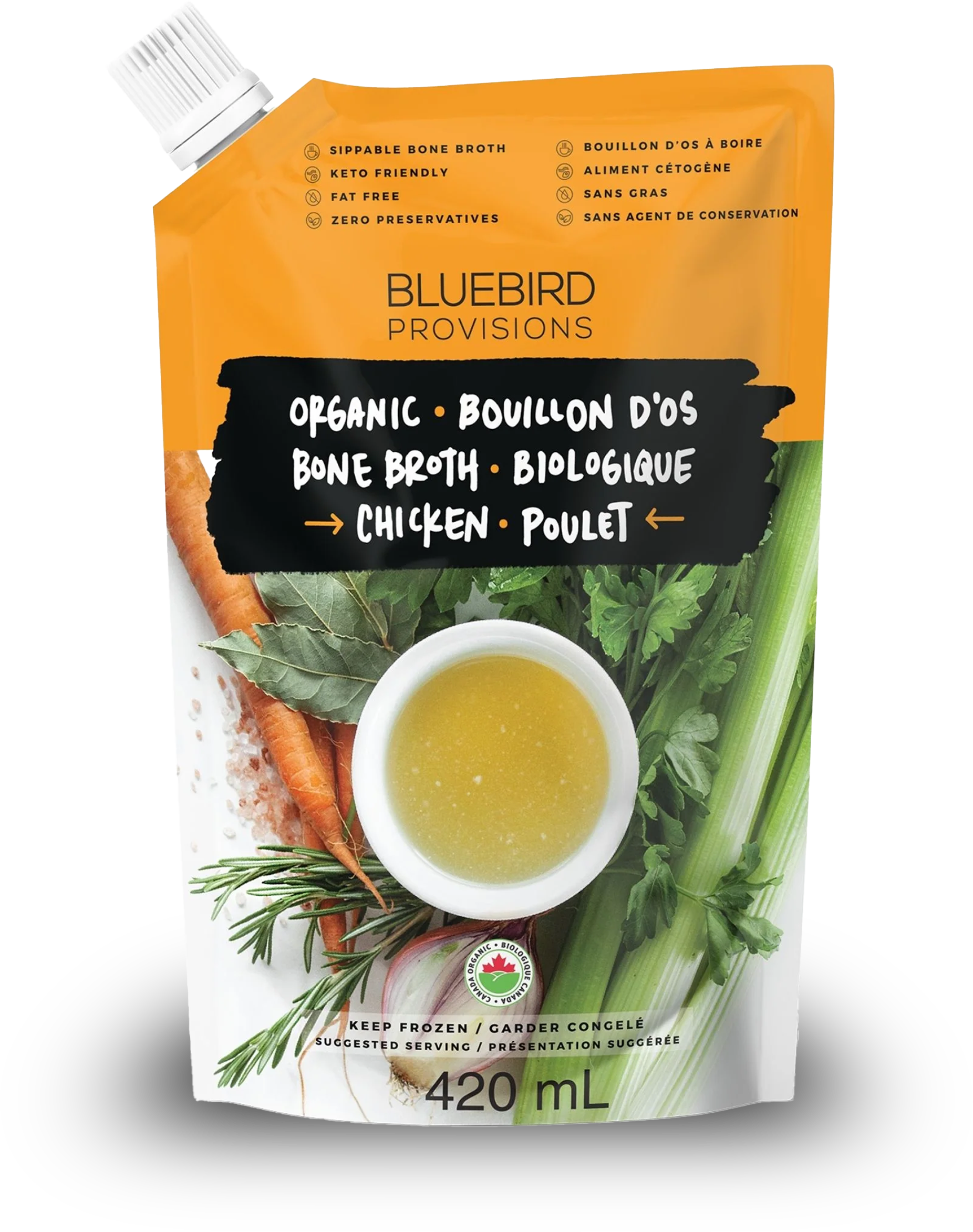
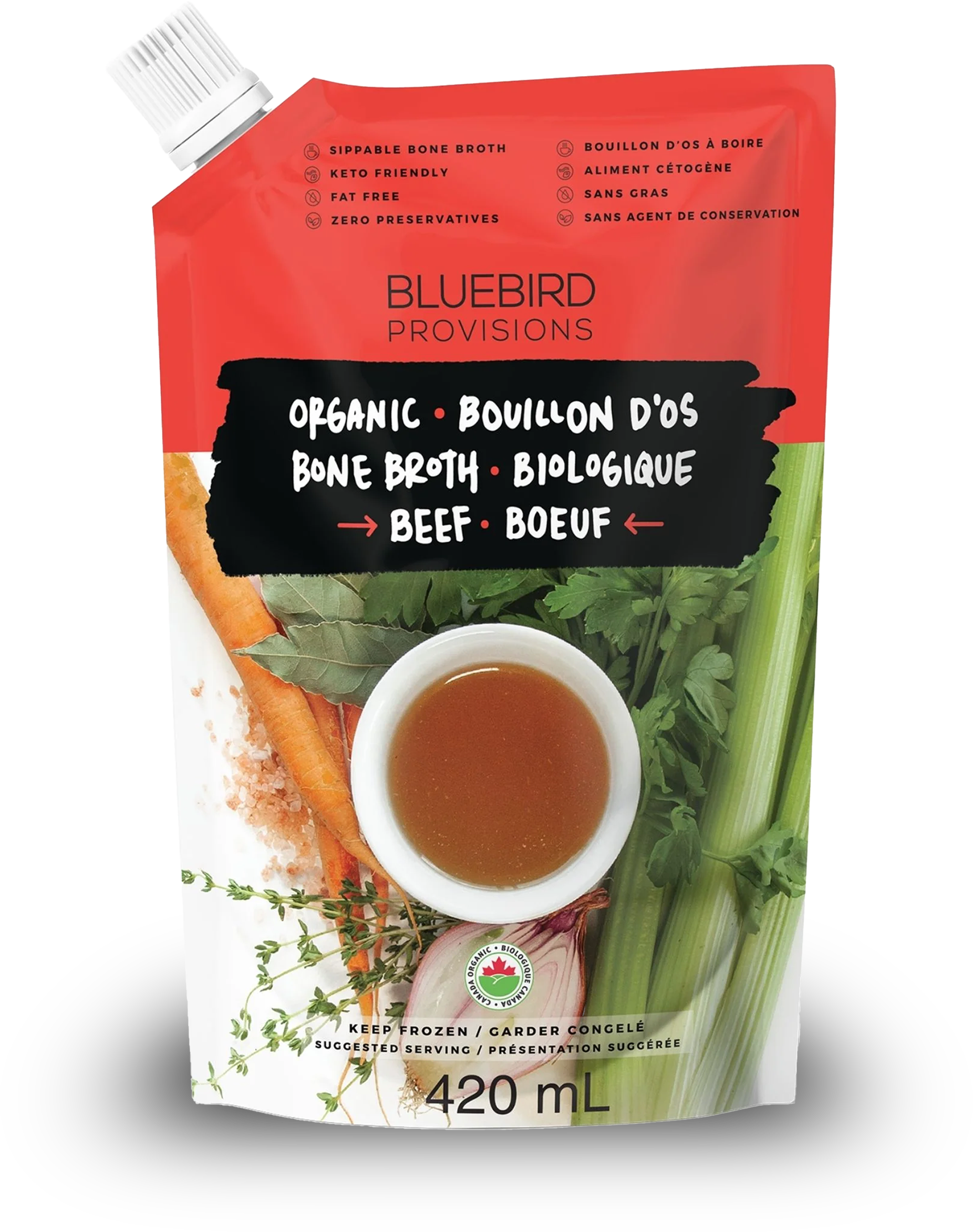


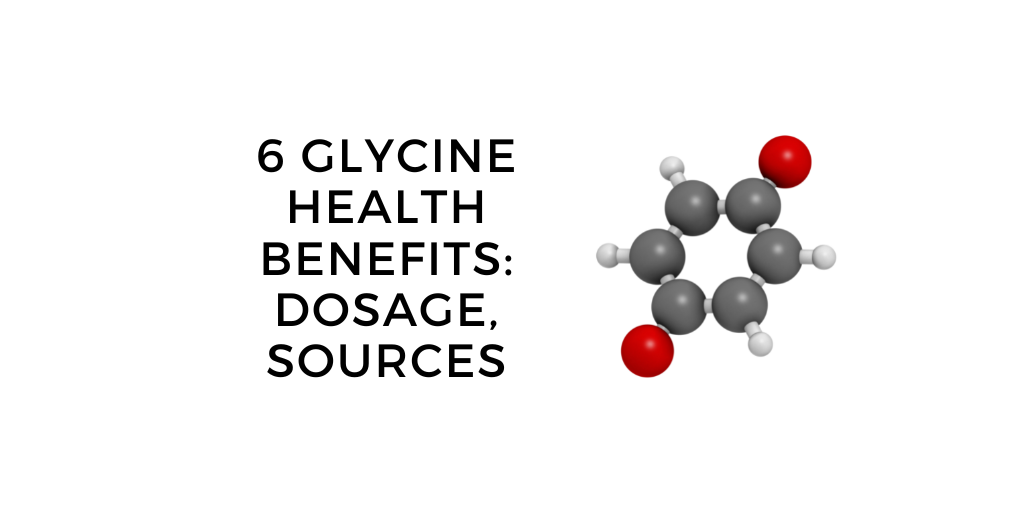
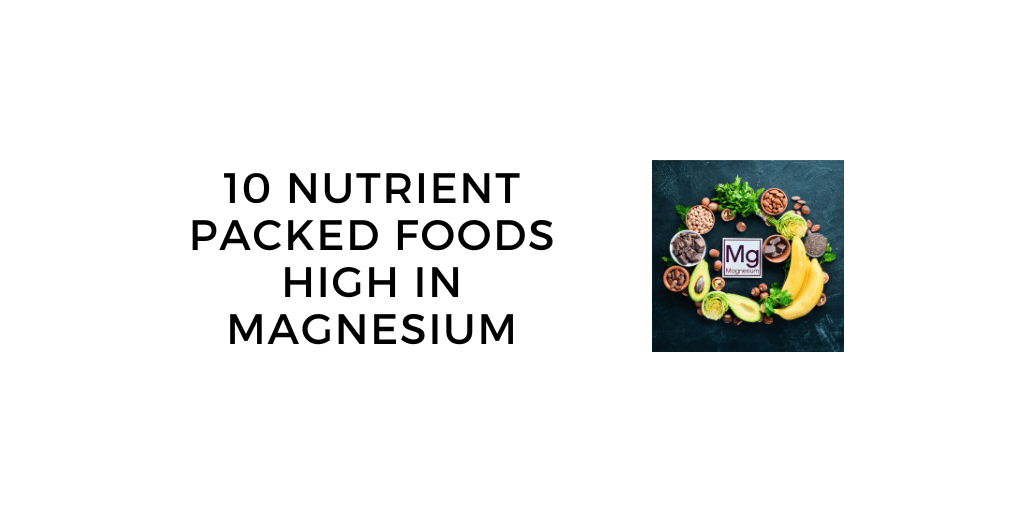
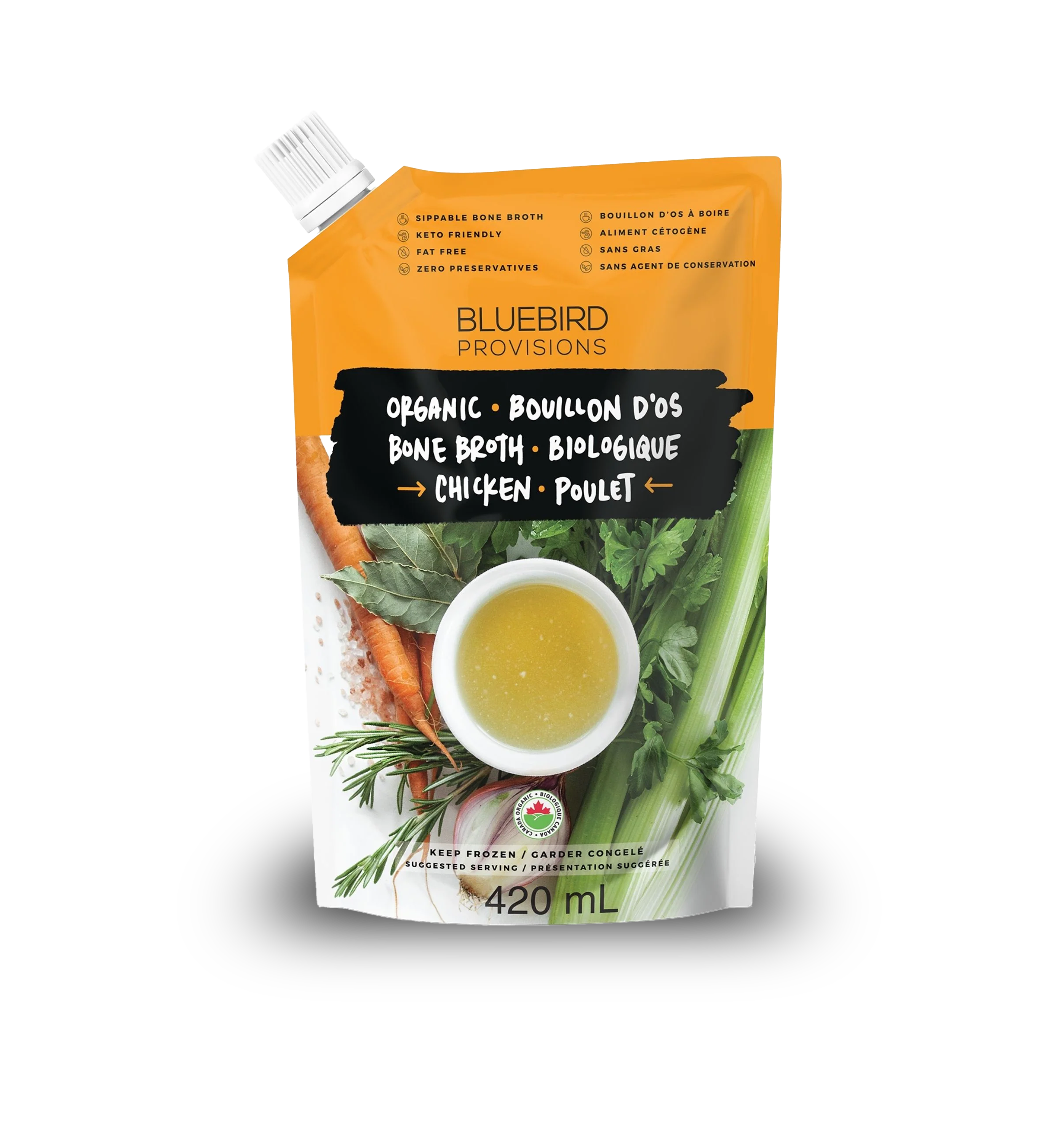
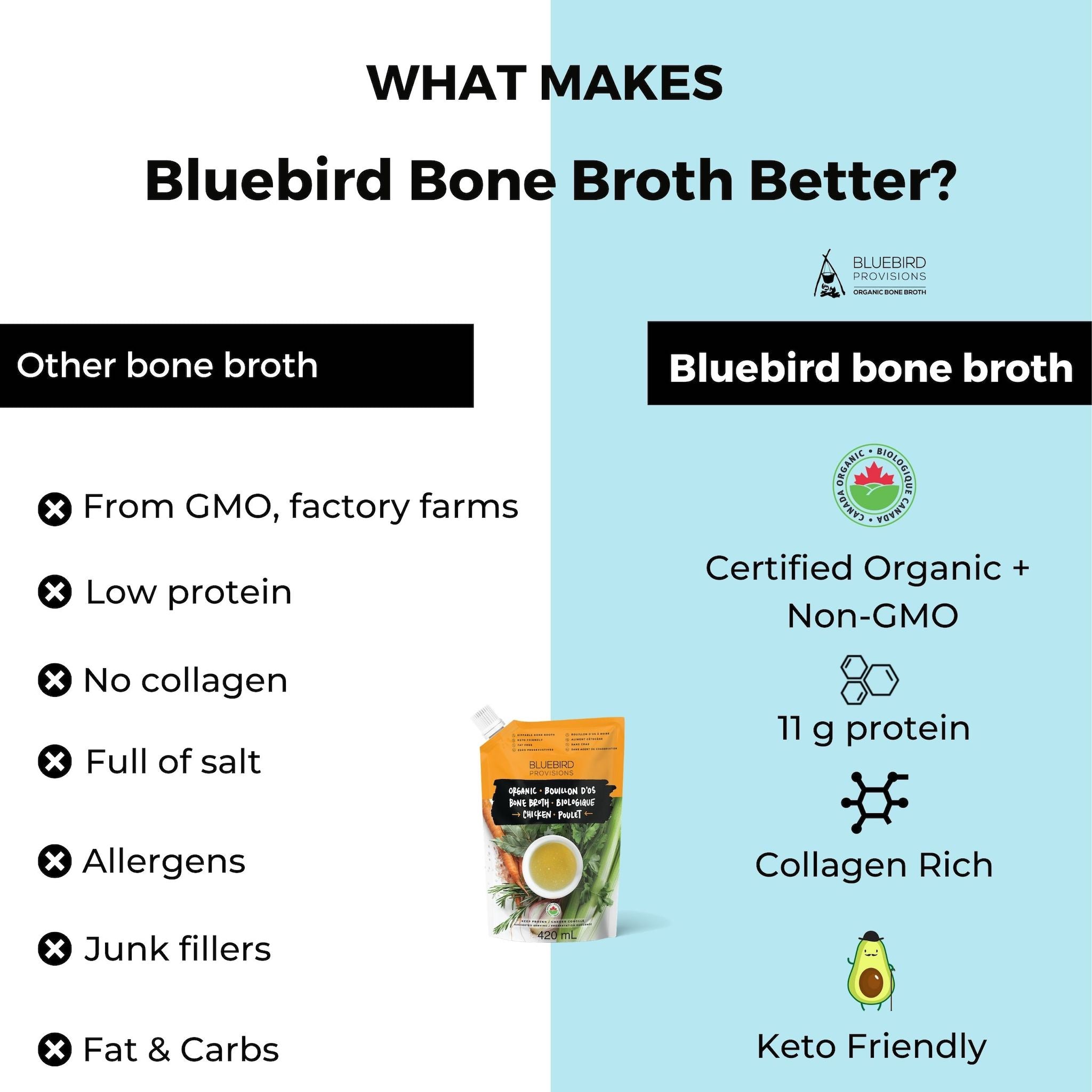
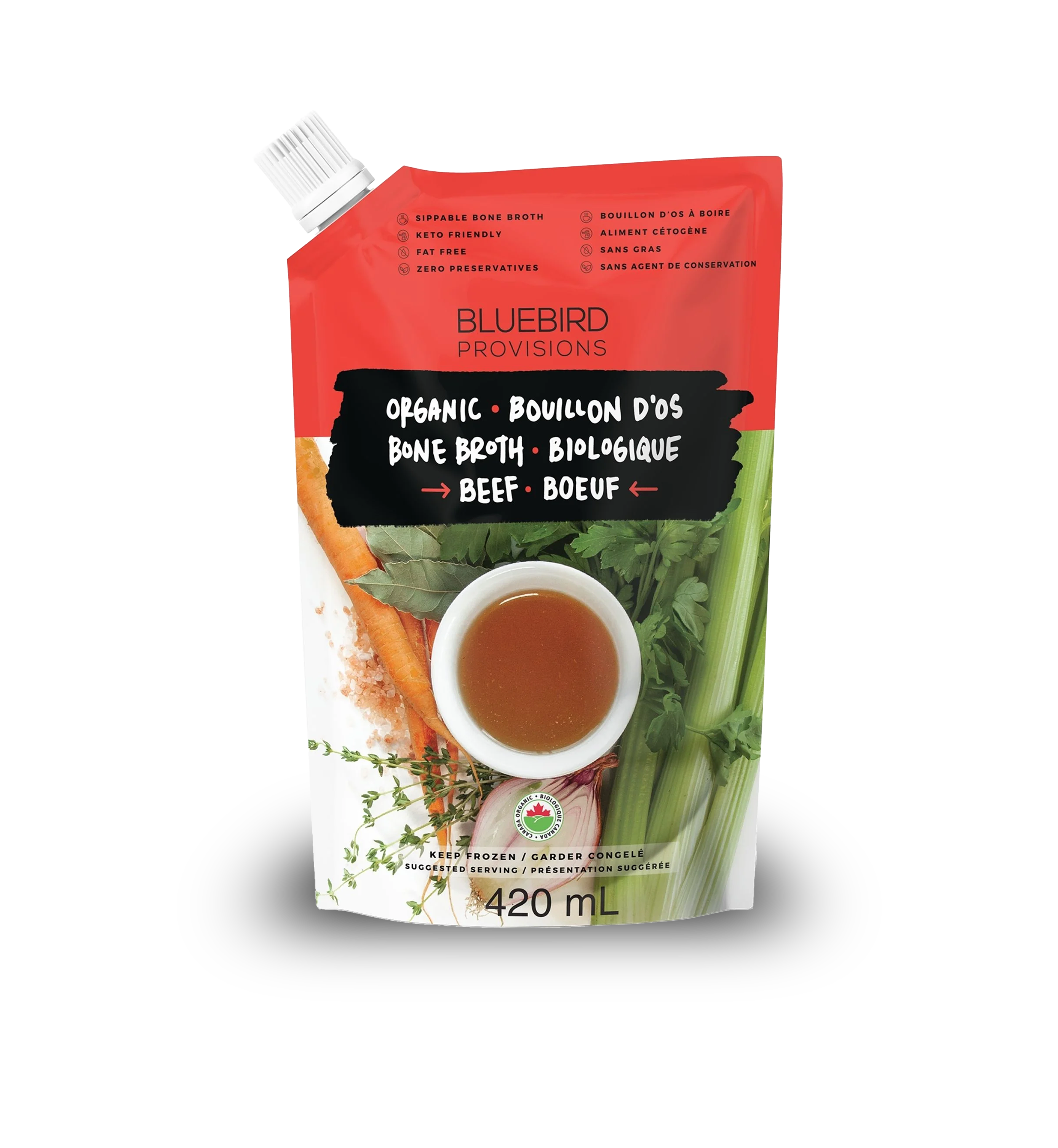
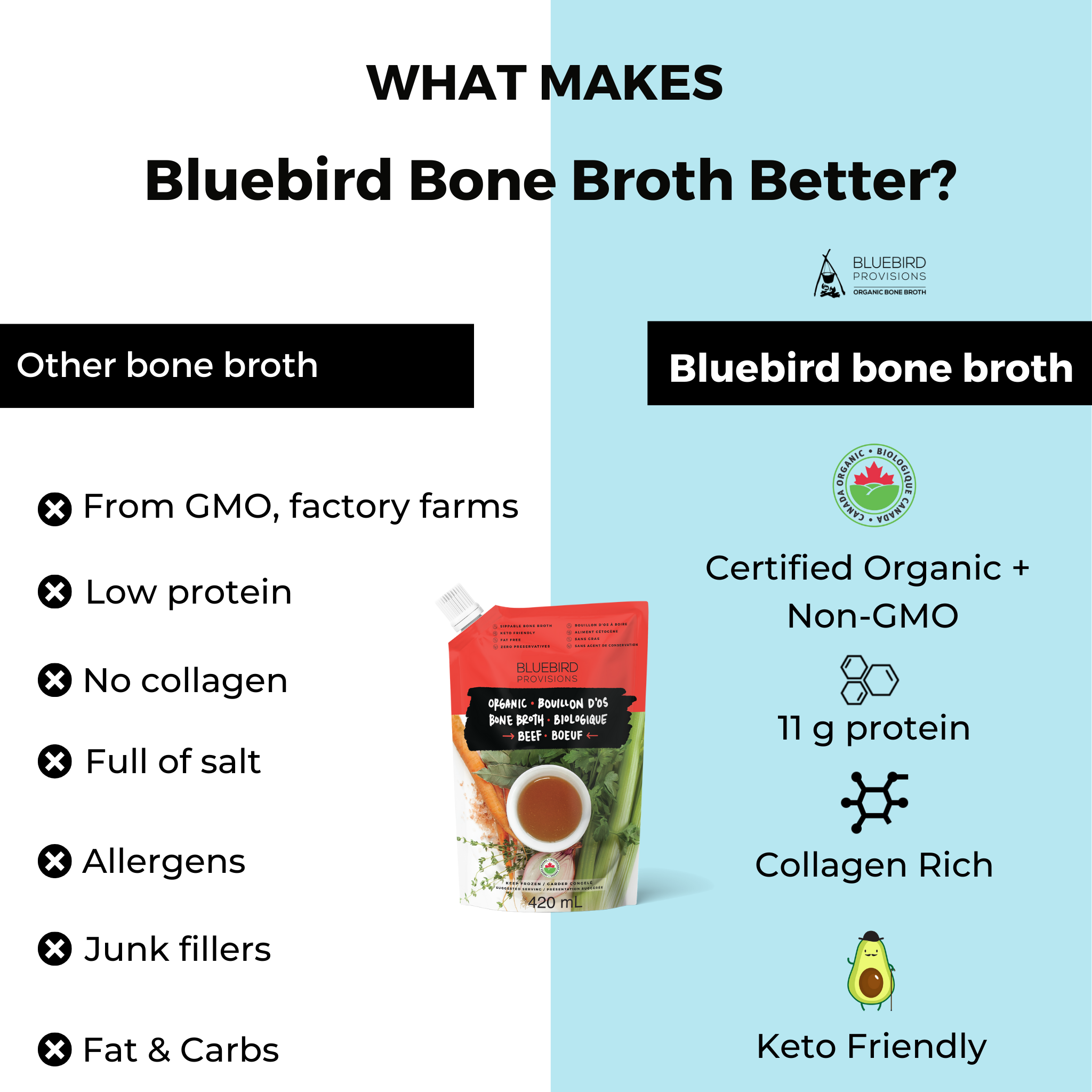
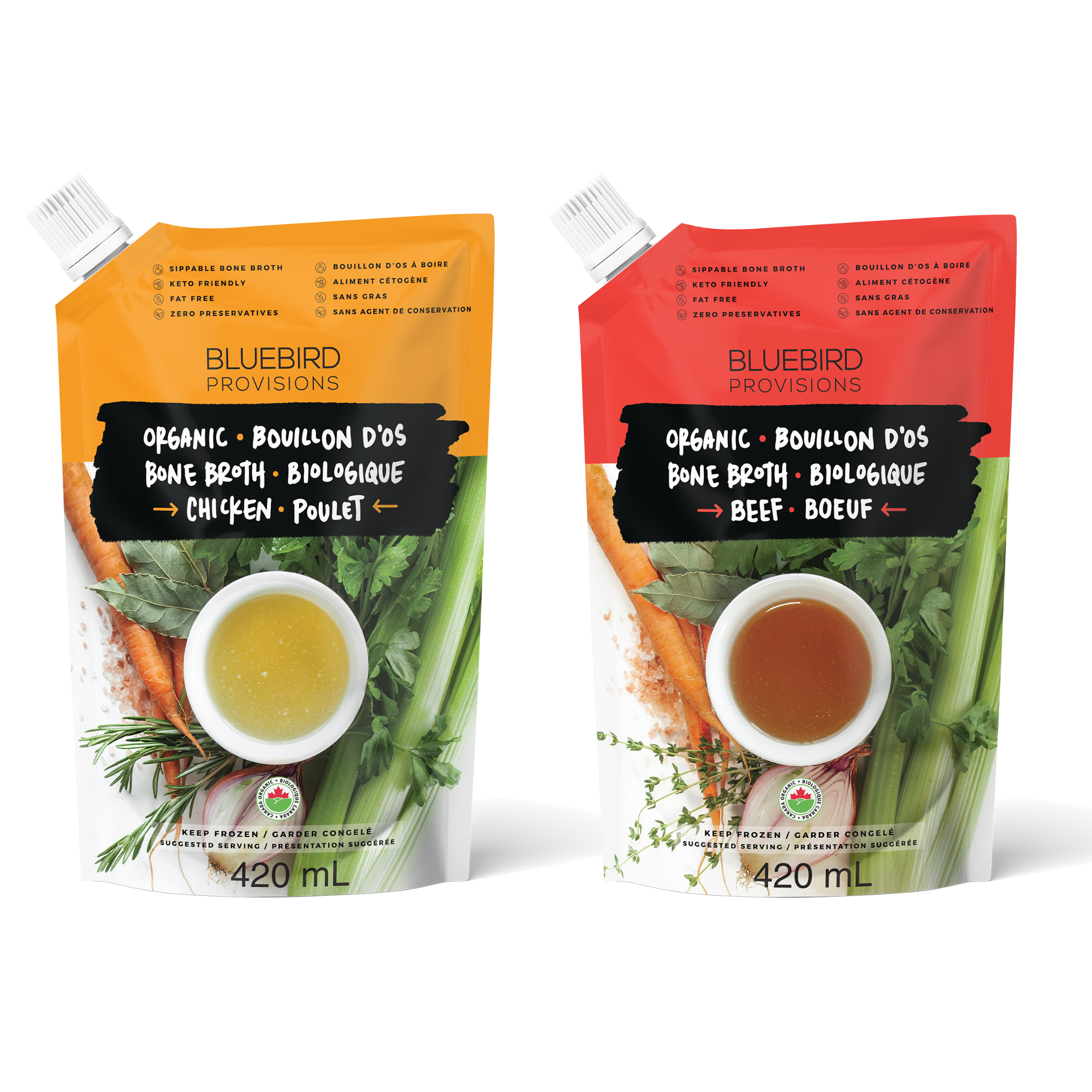
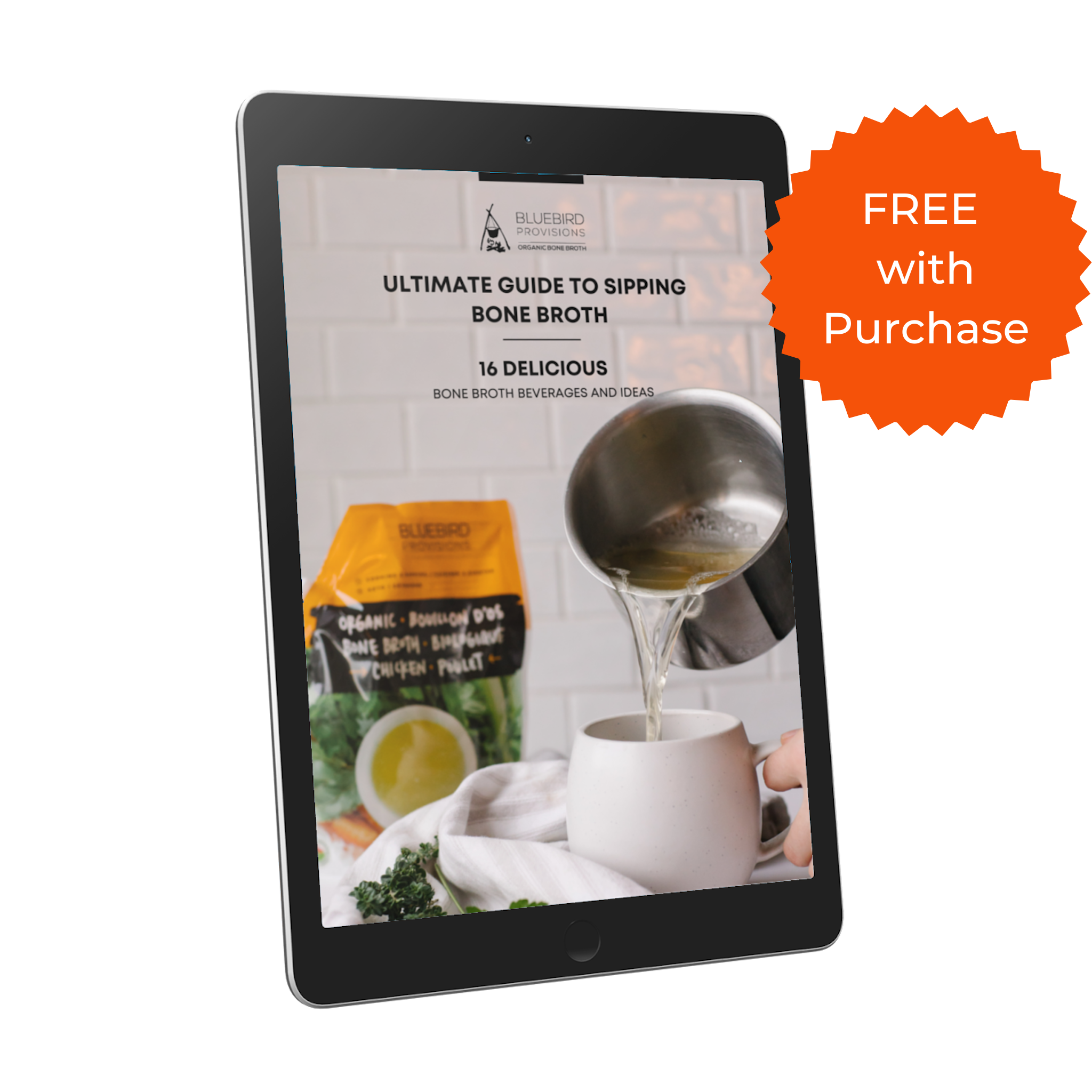
2 comments
Hi Lorna,
Glad you are enjoying the Instant from Well.ca. I would not recommend freezing the powder as it messes with the consistency of it.
It is good for 2 years, so you should be able to get through it in time.
Glad you are enjoying the newsletter! I spend a lot of time on it but loving doing it.
connor
Connor at Bluebird Provisions
Hi Connor…
I have noticed that your Bone Broth Chicken Instant tastes better and better…so delicious with a pinch of Pink Salt!
I live close to Well.ca so it makes sense to buy your Instant Bone Broth there, if it is fresh enough to store for a while. Also, is it OK to freeze it?
Thank you so much for the email news letters. Great information! Keep up the good work .
Sincerely, Lorna
Lorna
Leave a comment
This site is protected by hCaptcha and the hCaptcha Privacy Policy and Terms of Service apply.